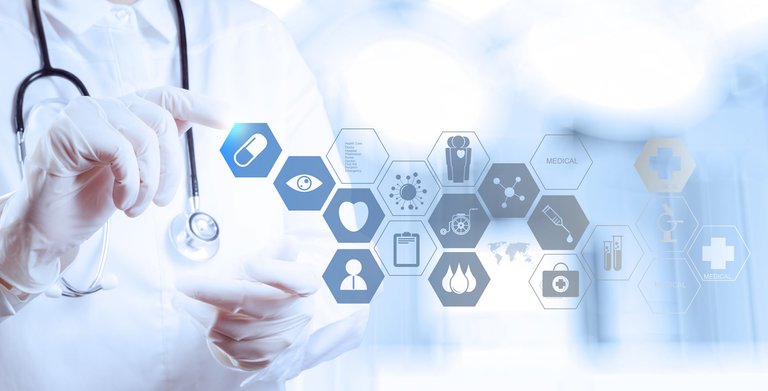Blockchain is one of the most interesting emerging technologies to hit healthcare in the past year. In a recent study, clinical trials data, regulatory compliance, and medical records were identified as the three areas with greatest potential to benefit from blockchain. For example, EMRs were supposed to usher in an era of data-driven insights. But lack of interoperability and data sharing have kept EMRs isolated. Blockchain stands to help facilitate the secure and authenticated sharing of patient data by allowing hospitals, payers, and patients to share access to patient data across systems without compromising data security and integrity.

What is blockchain?
Blockchain is a public distributed ledger that can securely record transactions between two parties in a verifiable and permanent way. It started as the foundation for tracking Bitcoin transactions, an alternative currency, and has since taken the financial and insurance industry by storm. For example, banks developing blockchain solutions to expedite back office functions and settlement; automate payments and money transfers; and automate contract transactions.
The ability for blockchain to validate transactions without the need for a central authority has many thinking blockchain will transform other industries, such as tracing royalty and licensing rights and transactions in film, TV, and music; accessing the global economy by those in the developing world; and even voting.
WARNINGCONFIRMED SCAM!
DO NOT FOLLOW any instruction and DO NOT CLICK on any link in the comment! - The message you received from @ethan1209 is a
For more information, read this post:
https://steemit.com/steemit/@arcange/virus-infection-threat-reported-searchingmagnified-dot-com
If you find my work to protect you and the community valuable, please consider to upvote this warning or to vote for my witness.